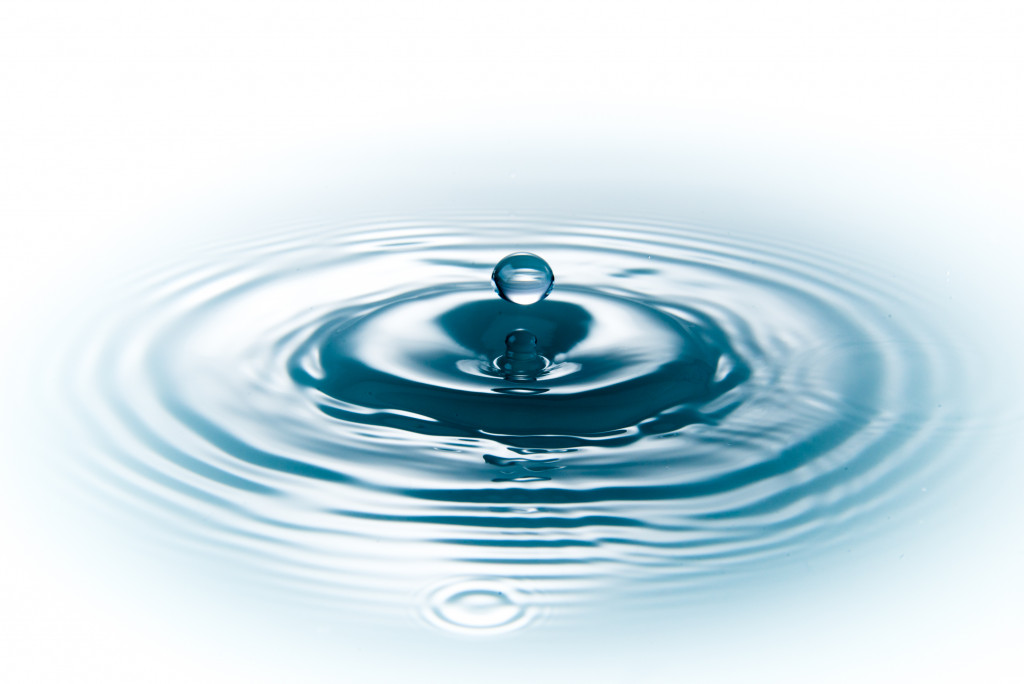- Educate employees about the importance of conserving water.
- Install water-saving devices like low-flow showerheads, faucet aerators, and automatic shutoff valves.
- Monitor water use with a water meter and set up alarms for sudden spikes in usage.
- Consider investing in a water softener to remove minerals before they enter the plumbing system.
- Regularly inspect the plumbing system for leaks and broken pipes.
As a business owner, you know how important it is to conserve resources. Water conservation is vital for businesses; water is essential for production processes, cooling systems, and other key operations. Implementing effective water conservation measures can help your business save money and protect the environment simultaneously. This article will explain how to use five simple steps to implement sustainable water conservation measures in your business.
1. Educate Employees
The first step in implementing effective water conservation measures is educating your employees about the importance of conserving water. This could mean providing training or incentives for employees participating in water-saving activities. Encourage employees to practice responsible behaviors when using and disposing of water. Educating and motivating your employees will set the tone for successful water conservation in your business.
2. Install Water-Saving Devices
Installing water-saving devices is one of the most effective ways to conserve water in your business. Consider investing in low-flow showerheads, faucet aerators, automatic shutoff valves, and other energy-efficient plumbing fixtures that can help reduce water usage while providing adequate service. You may also want to consider installing a rainwater harvesting or gray water recycling system to capture and store rainwater or wastewater for future use.
3. Monitor Your Water Use

It’s essential to monitor your business’s water use on an ongoing basis to ensure that your water conservation efforts are having an impact. Install a water meter and use it to track how much water is being used each day. You can also set up alarms or automatic shutoff valves so that you know if there’s a sudden spike in water usage. This will help you identify potential issues with your plumbing system and take action before they become costly problems.
4. Consider a Water Softener
The water that comes into your business may contain high levels of minerals, such as calcium and magnesium. This can cause scaling inside pipes and other plumbing fixtures, leading to costly repairs. To prevent this from happening, consider investing in a water softener system that can remove these minerals before they enter your plumbing system. It’s best to hire a professional water softener installation so that you can be sure that the system is installed correctly. This will give you peace of mind knowing that your plumbing fixtures are protected from mineral buildup. Plus, you may also notice a noticeable difference in taste and water quality after installing a water softener system.
5. Regularly Inspect Your Plumbing System
Finally, it’s important to regularly inspect your plumbing system for leaks, broken pipes, and other potential problems that can lead to wasteful water usage. Have a qualified plumber or maintenance technician come in at least twice a year to check the pipes, faucets, valves, and other components of your business’s plumbing system. This will help you identify any potential issues before they become significant problems that require costly repairs.
Commonly Asked Questions
How does water conservation affect business operations?

Water conservation affects your business operations in two ways: it can reduce water costs and minimize environmental footprints. Implementing water conservation measures such as low-flow fixtures, efficient irrigation systems, rainwater harvesting, water reuse technologies, and other sustainable practices can help save money on utility bills while reducing water use overall.
How much money will my business save by implementing water conservation measures?
The amount of money you’ll save depends on the type of measure implemented. For example, an efficient toilet can save up to 8 gallons per flush, whereas a tankless electric hot water heater can reduce electricity costs by up to 30%. Additionally, you can save significantly by identifying and repairing any leaks in your plumbing system.
What are the environmental benefits of water conservation?
Water conservation helps to protect natural resources by reducing waste, preserving aquatic habitats, and allowing for cleaner water sources. It also helps reduce energy use since less water requires less energy to heat or treat it. Conservation measures also help reduce wastewater pollution and improve air quality by reducing emissions from power plants that rely on water as part of their cooling process.
What governmental incentives are available for businesses to implement water conservation measures?
In many areas, governments provide several local-level incentives to encourage businesses to implement water conservation measures such as rebates, grants, and tax credits. Additionally, you may be eligible for federal incentives as well. It’s best to investigate what incentives are available in your area so that you can make the most of them.
In Summary
By following the tips outlined in this article, businesses of all sizes can positively impact their local environment while also saving money in the process. Implementing water conservation measures is important to creating a sustainable future for Earth and its precious resources. With a little effort and planning, businesses can make a big difference in conserving water.

